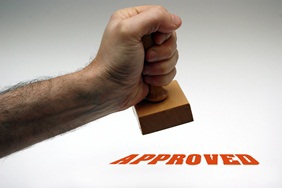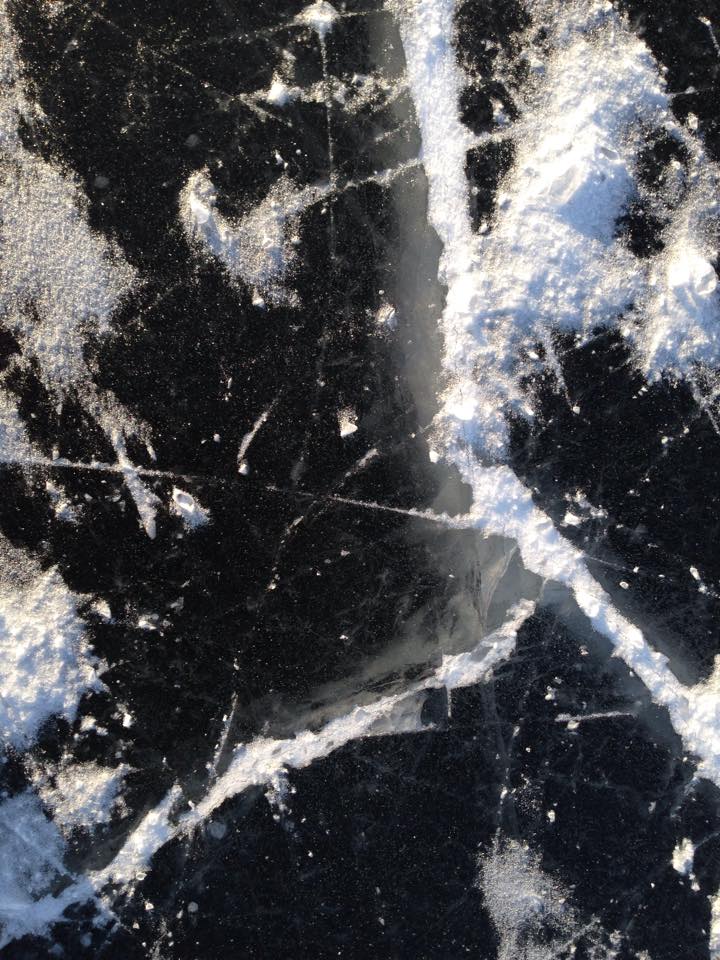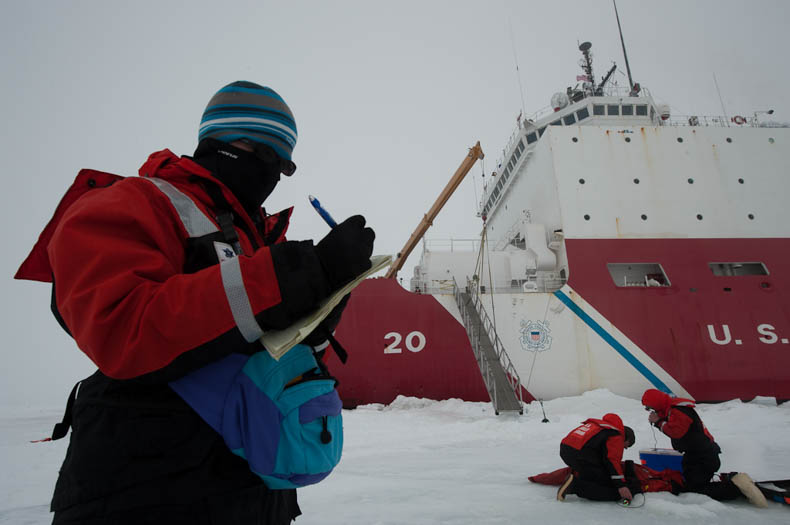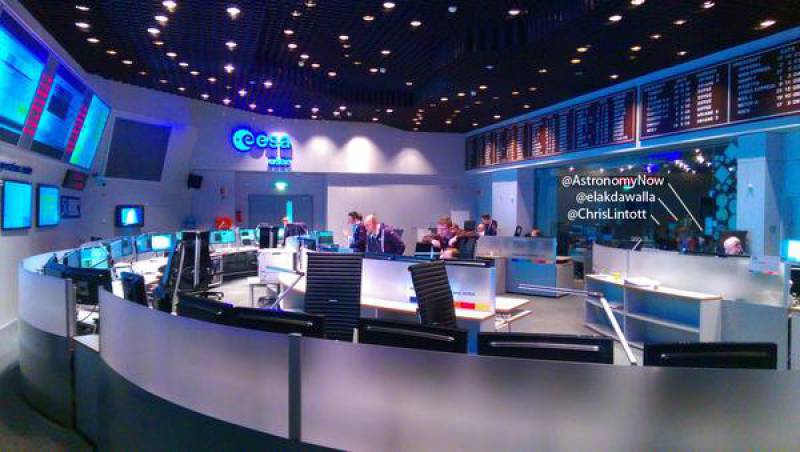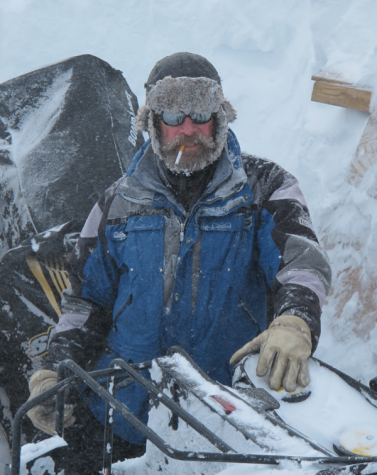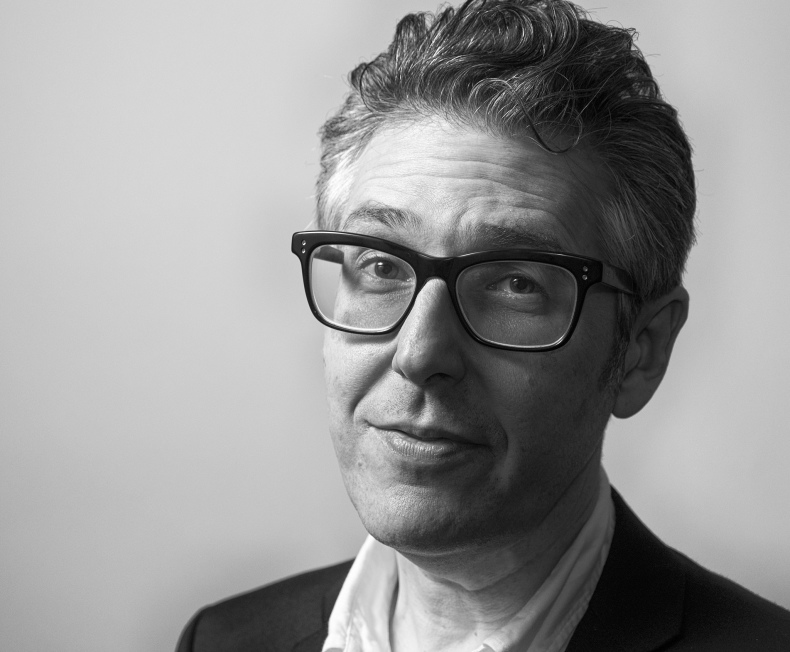 Last year, I told a story for This American Life (TAL), my favorite radio show. My story was about being so lost in grief over my sister-in-law’s death from cancer that I mistook a pizza delivery guy for an undertaker.
Last year, I told a story for This American Life (TAL), my favorite radio show. My story was about being so lost in grief over my sister-in-law’s death from cancer that I mistook a pizza delivery guy for an undertaker.
My error wasn’t as ridiculous as it seems. The pizza guy had the wrong house, and the only stranger we were expecting at the door was the one who was coming to take away our beloved’s body.
As I wrote in an essay about the experience,
For a while, the pizza was the only thing I could really talk about. In hindsight, it was funny and that took some of the edge off. But in a way, it also explained everything. A few days before she died, Pia had told me, “My world has gotten so small.” Her universe had become mine, but my accidental collision with the pizza guy had given me a glimpse beyond Pia’s death bed. Out there, the world was going on without us, oblivious.
I learned that TAL wanted my story, and the next thing I knew, I was at my local public radio station getting ready for a call from Ira Glass. At the appointed time, Glass called in. After a bit of small talk, which gave me a chance to express my bewilderment that TAL could have omitted my all-time favorite segment from their recent highlight reel, he asked me to tell the story.
I recalled how the doorbell rang, and there was the undertaker — a teenage boy wearing a baseball cap backwards, which seemed odd. He handed me a bottle of root beer, which seemed ever weirder, but my mind instantly fixated on the little square, padded box he was holding. She’s not going to fit in there, I thought. And what the hell are you planning to do with the root beer? I want no part of this. Continue reading

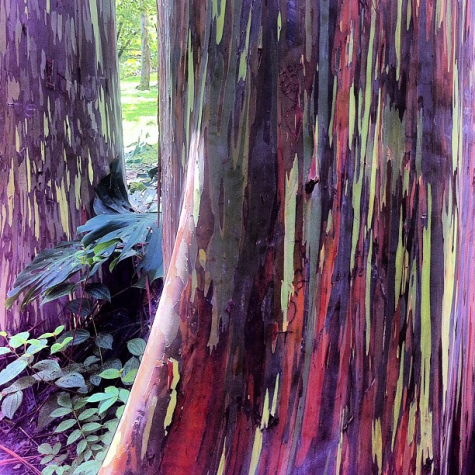 The other day, as our kids played around a big, messy tree–one with patchy bark and drooping sickle-shaped leaves–a friend told me she was going to show me a picture of a eucalyptus she knew I would love.
The other day, as our kids played around a big, messy tree–one with patchy bark and drooping sickle-shaped leaves–a friend told me she was going to show me a picture of a eucalyptus she knew I would love.